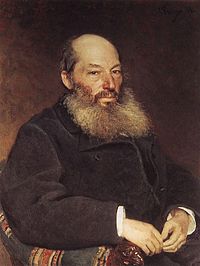
For some reason I woke up with these poetics in my head. I have read the books a few years back and they just crept back into my mind this morning when I got up. Tap into your inner source and take yourself on an adventure with these well written books. The books encompasses an enormous range of human emotions and experiences. Here are some of the most interesting and significant 18th century philosophers and historians that have paved the way for the younger generations of our time.
Afanasy Fet

Fet who is considered a natural philosophy to be a mechanism for examining ties, seen and unseen, between man and nature. Along the lines of his quest for 'wholeness', he united poems into cycles "Spring", "Summer", "Autumn", "Snow", "Melodies", "Fortune-telling", each representing some aspect of the soul, all united by the leitmotif of merging with what lies outside the boundaries of human perception. Only the 'life outside' gives man moments of absolute freedom, Fet argued. The way to these outer realms lies in communicating with Nature, which has a soul of its own, through moments of joy 'one-ness'. This beautiful and well crafted book inables you to step out of your shoes and view someone else's story.
I Have Come to You, Delighted
I have come to you, delighted,
To tell you that sun has risen,
That its light has warmly started
To fulfil on leaves its dancing;
To tell you that wood’s awaken
In its every branch and leafage,
And with every bird is shaken,
Thirsty of the springy image;
To tell you that I’ve come now,
As before, with former passion,
That my soul again is bound
To serve you and your elation;
That the charming breath of gladness
Came to me from all-all places,
I don't know what I'll sing, else,
But my song’s coming to readiness
The Manyoshu
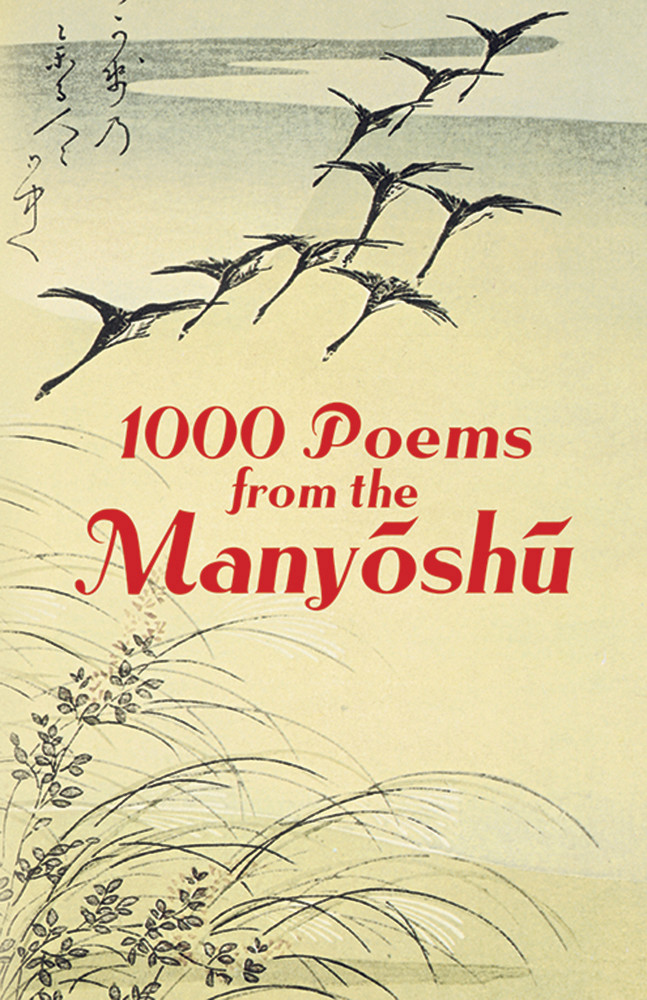
The Manyoshu poetry go as far back to the first half of the eighth century, it is said to date from the 8th century and even earlier. The Manyoshu is the oldest Japanese poetry anthology; and is considered by people to be the best. It has a major impact on Japanese language and culture, The Japanese symbolic spirit and character, and their national and historical significance is evident in the writings. These beautifully crafted writing is wonderfully haunting and lingers in the mind.
Confucius
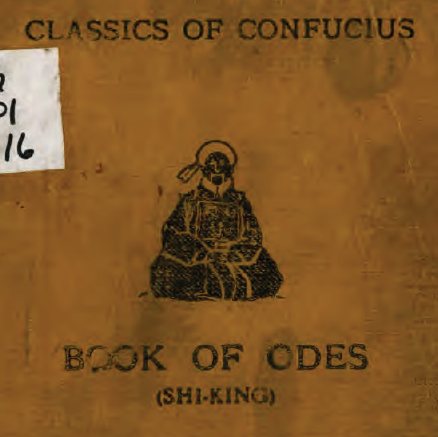
The Chinese philosopher Confucius is not the author but is generally credited with compiling the earliest editions of many Chinese literature. The ‘Li chi’; Canon of Rites , and the ‘She-King’; Book of Odes a book of classical poetry. Both of which contain various references some dating as far back as 1,800 BC to the cultivation and uses of the hemp plant. The ‘She King’ or ‘Book of Odes, describes the life of the Chinese people from the 11th to the 6th century BC and discusses hemp cultivation for both fiber and seed. These poems are loved and lives on universally.
Walt Whitman
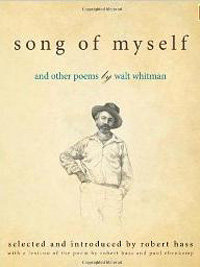
In the first compilation, there was no name, he called it 'Walt Whitman' later on he changed it to 'Poem of Walt Whitman,"And it wasn't until the end of his life that he called it, Song of Myself." The verses small and big, is stunning in the way its power accumulatesThe fierce drive of human emotions that is rarely been so beautifully framed or embodied. His book will keep your interest at its highest peak.
Robert Burns
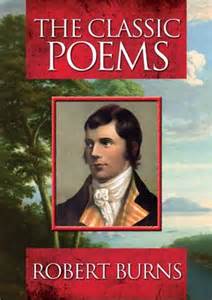
Burns has been described as witty, charming and a people person. He was able to change his unique personality to fit around others. In his letters he adapts his tone to suit his correspondent, while never straying from his cheerful self. He may have been admired by some more for his amusing comments than his poems, but it is the poems that carries on his legacy which have made him a universally loved figure, even in countries such as Russia and Japan.
To a Mouse
Poem On Turning Her Up in Her Nest with the Plough,
November, 1785
Wee, sleekit, cowrin, tim'rous beastie,
O, what a panic's in thy breastie!
Thou need na start awa sae hasty,
Wi' bickering brattle!
I wad be laith to rin an' chase thee,
Wi' murdering pattle!
I'm truly sorry Man's dominion
Has broken Nature's social union,
An' justifies that ill opinion
Which makes thee startle
At me, thy poor, earth-born companion
An' fellow-mortal!
I doubt na, whyles, but thou may thieve;
What then? poor beastie, thou maun live!
A daimen-icker in a thrave
'S a sma' requet;
I'll get a blessin wi' the lave,
An' never miss't!
Thy wee-bit housie, too, in ruin!
Its silly wa's the win's are strewin!
An' naething, now, to big a new ane,
O' foggage green!
An' bleak December's win's ensuing,
Baith snell an' keen!
Thou saw the fields laid bare an' waste,
An' weary Winter comin fast,
An' cozie here, beneath the blast,
Thou thought to dwell,
Till crash! the cruel coulter past
Out thro' thy cell.
That wee bit heap o' leaves and stibble,
Has cost thee monie a weary nibble!
Now thou's turned out, for a' thy trouble,
But house or hald,
To thole the Winter's sleety dribble,
An' cranreuch cauld!
But Mousie, thou art no thy lane,
In proving foresight may be vain:
The best-laid schemes o' Mice an' Men
Gang aft agley,
An' lea'e us nought but grief an' pain,
For promis'd joy!
Still thou are blest, compared wi' me!
The present only toucheth thee:
But Och! I backward cast my e'e,
On prospects drear!
An' forward, tho' I cannot see,
I guess an' fear!
Robert Burns


